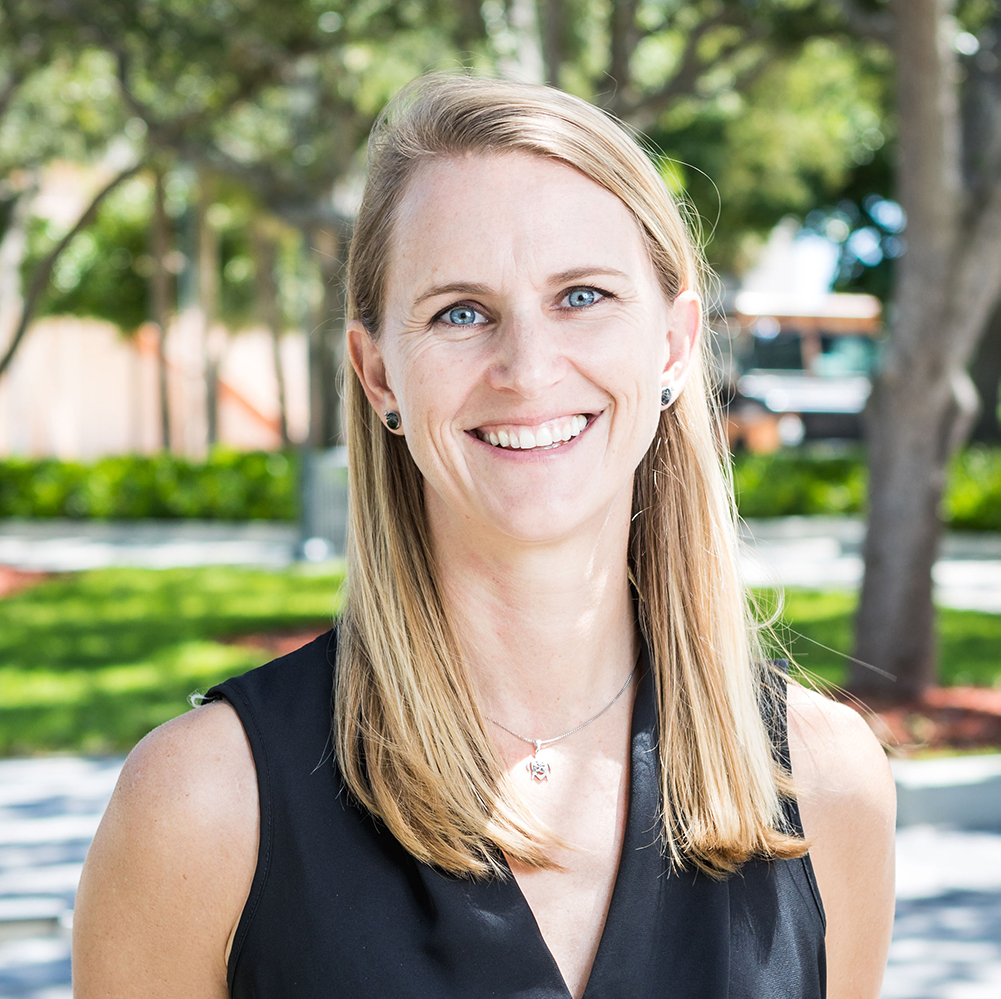Elizabeth (Beth) Whitman is broadly interested in the foraging ecology and habitat use of sea turtles. She studies the top-down and bottom-up factors that affect green turtle (Chelonia mydas) distributions in coastal Caribbean habitats including food availability, food quality, and risk of predation by sharks. She’s especially interested in green turtle foraging behavior in the face of a Caribbean invasion by the non-native seagrass Halophila stipulacea. Beth and her collaborators are also studying how ecological memory, shaped by an extreme hurricane disturbance, informs the response of coastal ecosystems to multiple stressors at population, community, and ecosystem levels. Her research group works closely with nonprofit and governmental organizations in The Bahamas, Dominican Republic, Mexico, and Florida to conduct research and share scientific knowledge with local communities to inspire future generations of marine scientists and conservationists.
Beth has a passion for teaching and mentoring, and her methods are informed by personal experiences, peer and student feedback, and pedagogical literature. Her goal is to engage, empower, and motivate students throughout their journeys in STEM using guided inquiry-based learning and the flipped classroom model. Her courses are hybrids of short, tailored lectures with a focus on group activities such as problem sets, case studies, roll-playing, or experiential learning that require students to comprehend and apply the information they just received. She uses technology in and outside of the classroom including video lectures, digital modules, and online media to provide multiple opportunities for students to engage with course material.
